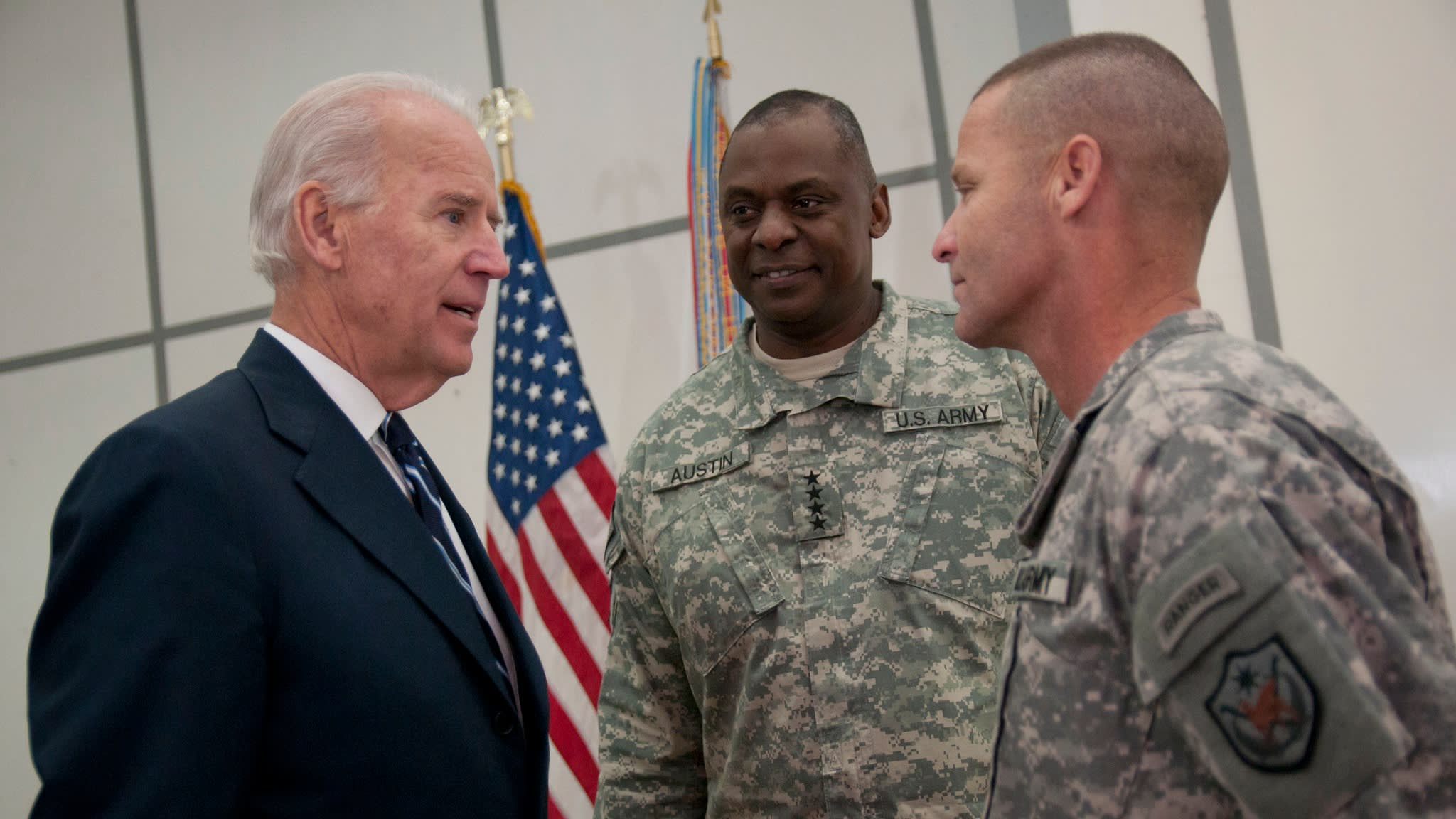Russia (Transatlantic Today) – President Biden has had a hectic week between finally passing his massive infrastructure bill and speaking at the UN Climate Change Conference. Now, the world is turning to him for next steps as Russian military presence increases at the Ukraine border. As of November 6th, Biden has directed the head of the CIA to travel to Moscow to speak with
Russian national security officials later this week. According to CNN, CIA director Bill Burns
has already spoken to Ukrainian President Volodymyr Zelensky about the influx of new Russian
troops at the border.
Tensions in Ukraine
The conflict between the two countries has been ongoing since 2014, when Russia took
control of the Crimean Peninsula and occupied regions in Donetsk and Luhansk. Since fighting
began, around 14,000 Ukrainians have been lost in the violence. President Vladimir Putin has
only gotten bolder with these actions since President Biden took office. In April, the Kremlin
deployed more than 100,000 troops to the border where 90,000 currently remain. There have
also been reported satellite images that support this claim and show a build-up of tanks,
amour units, and heavy artillery.
Moscow alleges that increased activity is a result of the US-backed NATO military alliance
igniting tensions. Ukraine, in turn, accuses Russia of supporting separatists in border regions
and increasing propaganda. President Putin responded that the two countries are one people
and that international involvement in support of Ukraine’s military was a direct threat to
Russia.
Ukraine’s Energy Crisis
Putin has significant leverage in this conflict, as Russia supplies nearly 40% of Europe’s natural
gas supply. Heading into winter, this could leave thousands without proper access to heat and
lead to a significant energy crisis. On November 1st, Russia stopped its thermal coal exports to
the country. At the same time, Ukraine’s national grid operator GTSOU reported that Russian
controlled energy cooperation Gasprom decreased the transit of natural gas by half its
contracted supply for 2021. Ukraine is heavily reliant on coal despite its increase in the
construction of renewable energy plants. Russia’s weaponization of coal and natural gas
increases the reliance Ukraine has on its neighbor. It also means more partnership between the
two countries and opportunities for the Kremlin to gain stronger political influence.
The world is waiting to see how Biden reacts to this conflict further. The Obama administration
couldn’t deter Russian aggression, and the Trump administration was criticized for being too
lenient. However, during Trump’s presidency, the US government supplied Ukraine with lethal
weapons and increased NATO defense spending, which seemed to decrease tensions. This
isn’t Biden’s first run-in with Russian antagonism as he served as a senator for much of the
Cold War, so he should understand how Russia values brute strength in negotiation. Friendly
relations or not, working with Russia is something the Biden administration needs to prioritize
to maintain a sense of global peace.


























